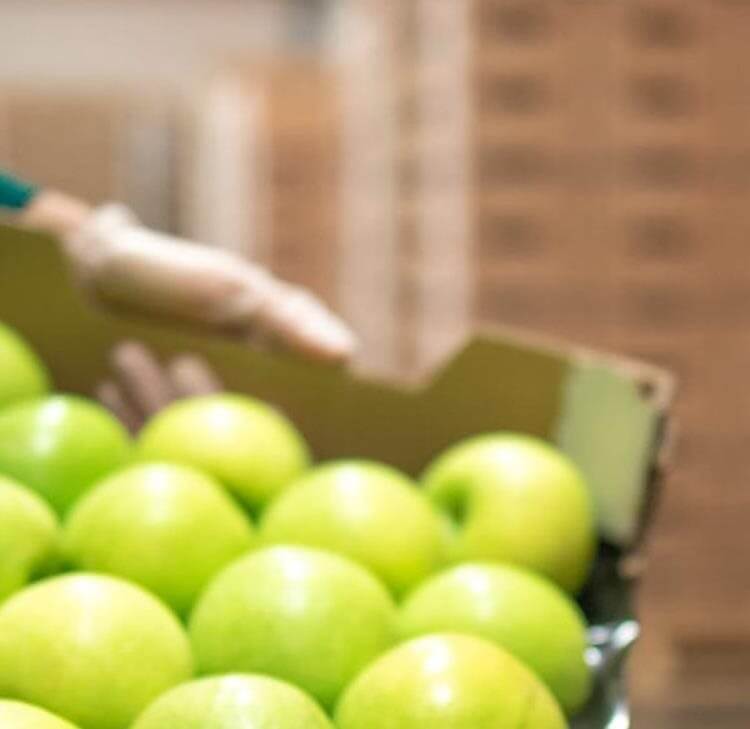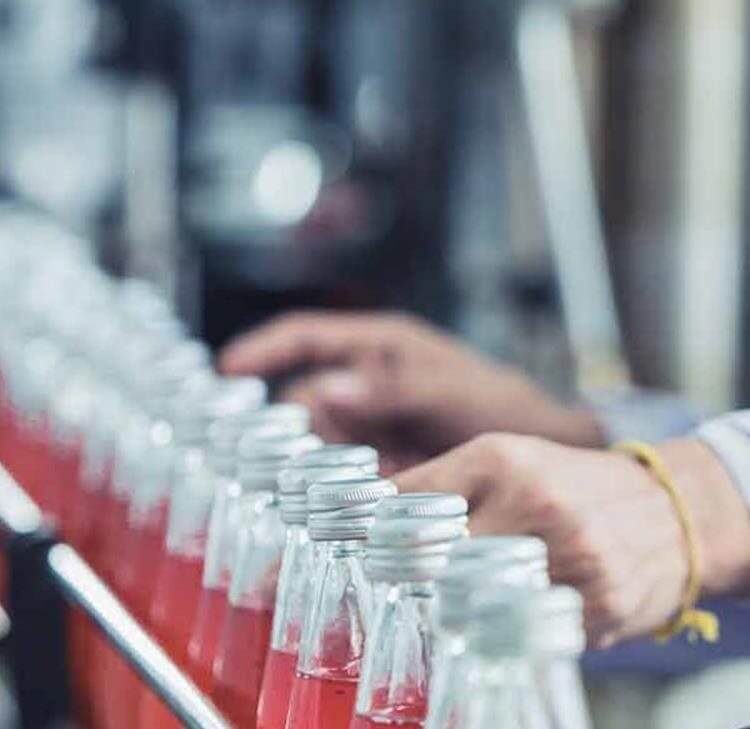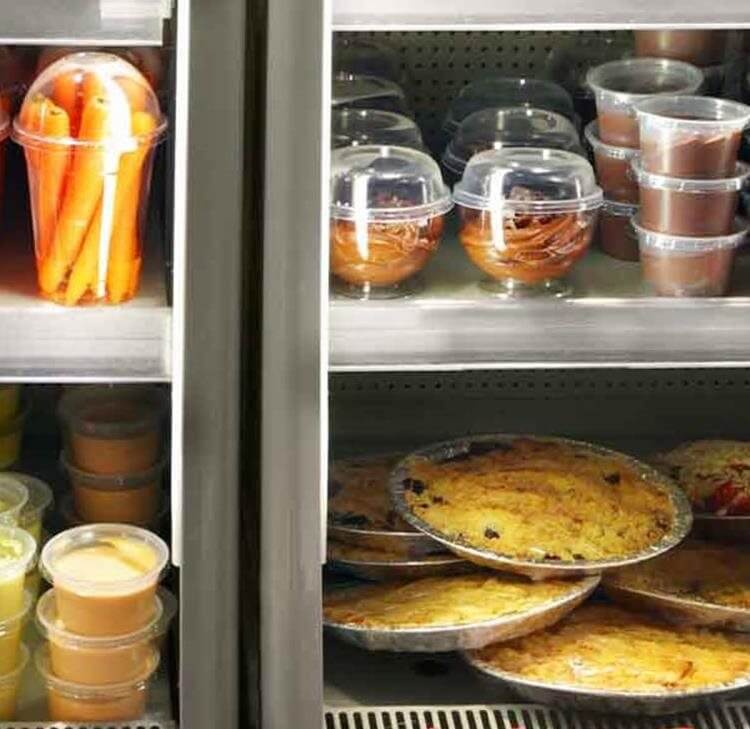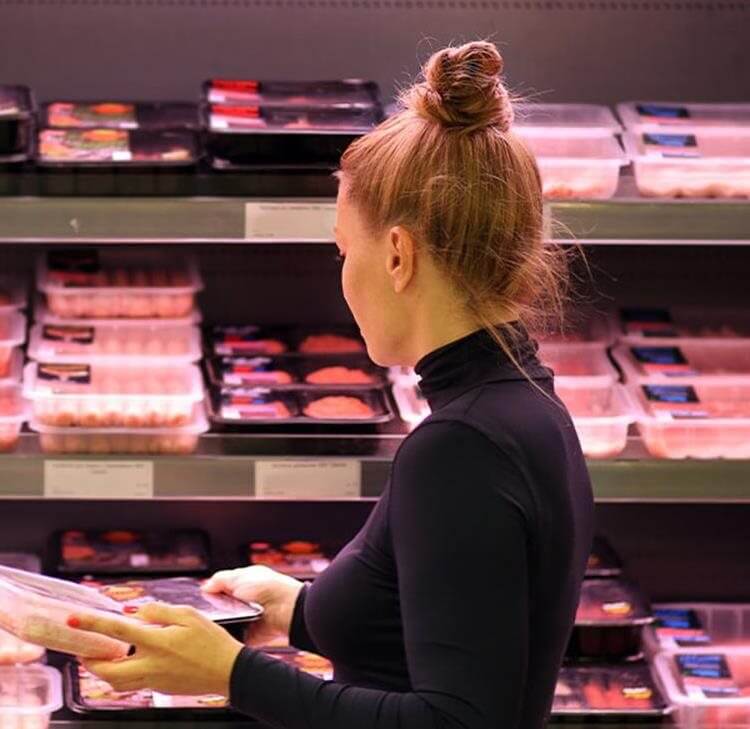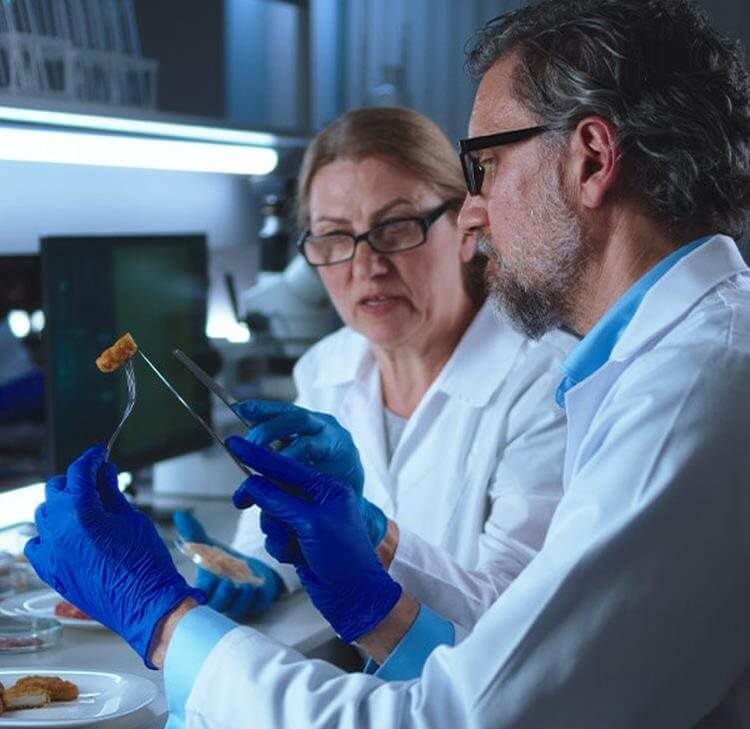In the rapidly evolving landscape of global industries, 2015 marked a significant turning point for food and drink companies on their journey towards sustainability. This pivotal moment was catalysed by two major events: the distressing image of a turtle suffering due to a plastic straw lodged in its nose and the signing of the Paris Agreement. These events served as a wake-up call, highlighting the urgent need for a shift in approach to packaging and disposable materials.
Following these events, both consumers and companies underwent a significant transformation in behaviour. Consumers started rejecting single-use plastics for their shopping and takeaways, while companies began to shift towards recyclable packaging, pushing their suppliers to innovate and provide sustainable alternatives. This marked the dawn of a new era where sustainability emerged as a key focus for businesses, leading to a re-evaluation of strategies and operations across various sectors. Companies began to shift from “in-house” production to outsourcing packaging from new, innovative firms like Vegware, specialising in sustainable packaging solutions, signalling a significant move towards outsourcing packaging needs.
The decision to outsource packaging, especially with a focus on sustainability, offers a variety of benefits. Firstly, it can be cost-effective. While sustainable materials and designs may sometimes be more expensive initially, outsourcing allows companies to leverage the expertise and economies of scale of specialised firms, potentially reducing overall costs. Secondly, it grants access to expertise. Packaging companies specialising in sustainability bring a depth of knowledge and innovation that can be transformative, offering insights into the latest materials, technologies, and design principles that promote sustainability. Lastly, it provides a speed to market advantage. In a fast-paced market, the ability to quickly adapt and introduce sustainable packaging solutions can be a competitive advantage, enabling companies to respond swiftly to consumer demands and regulatory changes.
However, outsourcing sustainable packaging is not without its challenges. Ensuring the sustainability credentials of the entire supply chain, maintaining quality control, and navigating a complex regulatory landscape are significant considerations. Companies must carefully select their partners, ensuring alignment in values and commitments to sustainability.
As businesses look to expand your sustainable practices, there are several strategic actions you can undertake to ensure your efforts are both impactful and aligned with your broader business objectives.
Refining sustainability terms in contracts
Building on your existing foundation, it's time to revisit and refine the sustainability clauses within your supply chain contracts. This could involve setting more ambitious environmental, social, and governance (ESG) targets or incorporating more specific climate-related goals. The aim is to not only reinforce your commitment to sustainability but also to push for greater accountability and innovation from your suppliers and partners.
Performing advanced gap analyses
With a solid base in sustainable practices, conducting an advanced gap analysis of your current contracts and policies can uncover new opportunities for enhancement. This deeper dive can help ensure that your sustainability efforts are not only maintained but are continuously evolving to meet the changing landscape and increasing expectations from stakeholders.
Re-negotiate
Having already established a baseline of sustainable practices with your suppliers, the focus shifts to elevating these standards. This involves renegotiating terms to reflect higher ESG/net zero requirements and ensuring that your supply chain is not just compliant but is actively contributing to your sustainability goals. Engaging suppliers in discussions about shared sustainability objectives can foster a stronger, more collaborative partnership.
Implementing tailored strategic solutions
As your sustainability journey matures, so too should the solutions you implement. This means adopting more sophisticated strategies that align with your specific needs and goals. Whether it's through more rigorous standards and audits, enhanced reporting mechanisms, or more robust governance structures, these tailored solutions can drive significant progress in your supply chain decarbonisation efforts.




